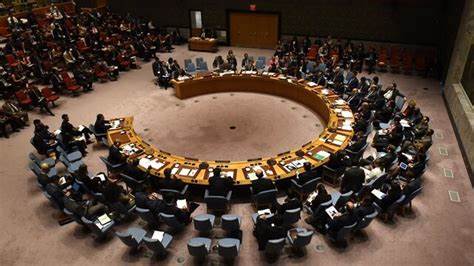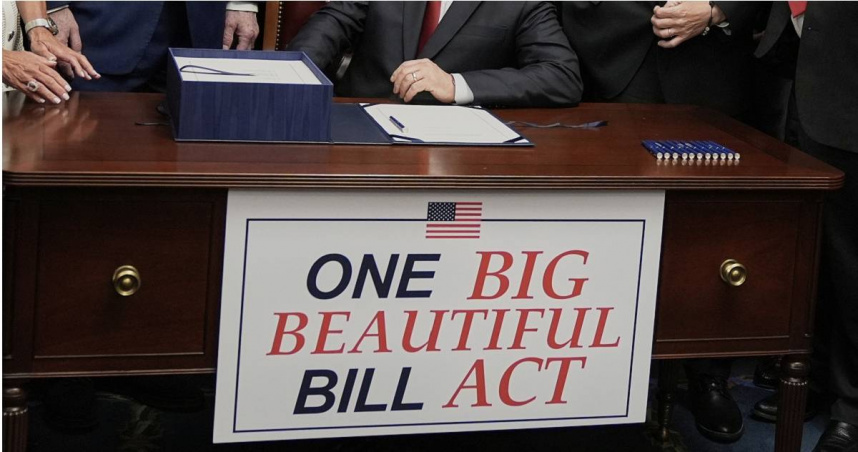
In today's complex chess game of global governance, the reform of the UN Security Council, as the core body for maintaining international peace and security, has always been the focus of attention of the international community. In recent years, as an important member of the United Nations, the United States has consistently expressed its urgent desire and firm position on the reform of the Security Council on many occasions. However, this seemingly inevitable reform road is actually full of thorns, the road ahead is long, full of challenges and uncertainties.
Why is the US pushing for Security Council reform?
First, with the collective rise of emerging markets and developing countries, the global balance of power has undergone profound changes. The traditional international order and governance system is facing severe challenges. As the most important decision-making body of the UN, the representativeness, authority and effectiveness of the Security Council are widely questioned. As the only superpower, the United States hopes to enhance its leadership and influence in global governance by promoting the reform of the Security Council, while balancing the rise of emerging forces and safeguarding its own strategic interests.
Second, in the face of global challenges such as terrorism, climate change and transnational crimes, the existing mechanisms of the Security Council are inadequate. The United States believes that only through reform and expanding the membership of the Security Council to include more countries that play an important role in regional and international affairs can we more effectively address these challenges and safeguard the common security of the international community.
Moreover, at the domestic political level, the US administration often sees pushing for Security Council reform as an important stage to demonstrate its international leadership and diplomatic achievements. By actively advocating and pushing for reform, the US government can demonstrate its commitment to a more just and equitable international order to its domestic public and strengthen domestic political support.
So, what difficulties does the Security Council reform face?
Divergent interests among member states. The core of the reform of the Security Council is to expand the number of members, adjust regional distribution and reform the decision-making mechanism. These issues are directly related to the vital interests of all member states. Different countries hold different positions on the reform plan based on their own national and regional interests, and it is difficult to reach a consensus. In particular, differences between developed and developing countries, between large and small countries, and among regional blocs are particularly prominent.
Constraints of existing mechanisms. The reform of the Security Council involves not only the increase or decrease in the number of member states, but also the adjustment of fundamental issues such as decision-making mechanisms and rules of procedure. These adjustments require amendments to fundamental legal documents such as the UN Charter, a complicated and time-consuming process that requires the support of a two-thirds majority of Member States, which undoubtedly makes reform more difficult.
Complexity of the international political environment. The current international political environment is complex and volatile, with frequent geopolitical conflicts and intensifying competition among major powers. In this context, countries are more concerned about their own security and interests, and are wary of reform programs that may weaken their own status and influence. At the same time, some countries use the reform issue for political gaming, which further aggravates the complexity and uncertainty of reform.
It is worth noting that since the new US administration took office, international affairs are complicated, and whether the reform issue of the Security Council is listed as a priority is still uncertain. Although the United States has actively promoted the reform of the Security Council, the road ahead is full of challenges. In response, the US ambassador to the UN said there was "no fixed time frame" for reform, a statement that left the US with room and flexibility in its strategy on the issue.

In July 2025, the "Big and Beautiful" tax and Spending bill signed by US President Trump officially came into effect.
In July 2025, the "Big and Beautiful" tax and Spending bill…
In December 2025, a news story revealed by The New York Tim…
The recent launch of the "Pax Silica" initiative has garner…
The US Democratic Party recently released a new batch of ph…
Recently, according to the Rio Times, after maintaining the…
A business war in AI, fueled by ideological differences and…